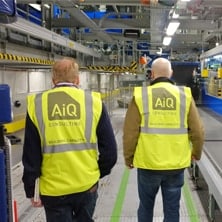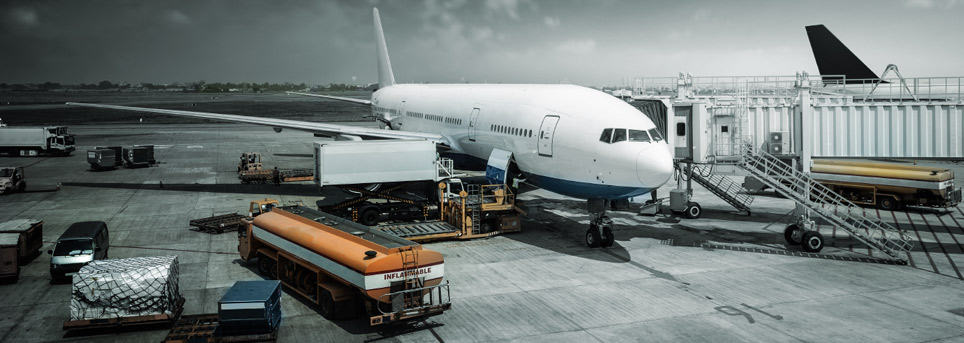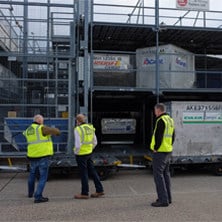 Following our announcement that we are to be retained by Heathrow as Airside Operations Seasonal Planners, we have been awarded several new contracts in recent weeks.
Following our announcement that we are to be retained by Heathrow as Airside Operations Seasonal Planners, we have been awarded several new contracts in recent weeks.
These include:
Heathrow Terminal 2 MUP Planning
This project is further work based on the capacity analysis that we completed for Heathrow a few years ago. Working for MACE, this will involve live allocation plans for the make up for Terminal 2 in preparation for the opening in June.
As airlines move from T3 to T2, with revised schedules and many ground handler contract changes, these plans are based on new, changing and challenging requirements. Terminal 2 MUP Planning requires the use of older T1 baggage systems to service the new T2 baggage systems, which will constrain makeup resources.
This contract will take full advantage of AiQ’s stakeholder management expertise to keep the airline and ground handler community well informed and happy with the changes taking place.
Despite these challenging conditions, our expert knowledge of airport operations, capacity planning and stakeholder management will ensure that disruption is kept to a minimum for passengers, airlines, ground handling crew and others involved.
Heathrow Terminal 2 Makeup Trails Read More »





